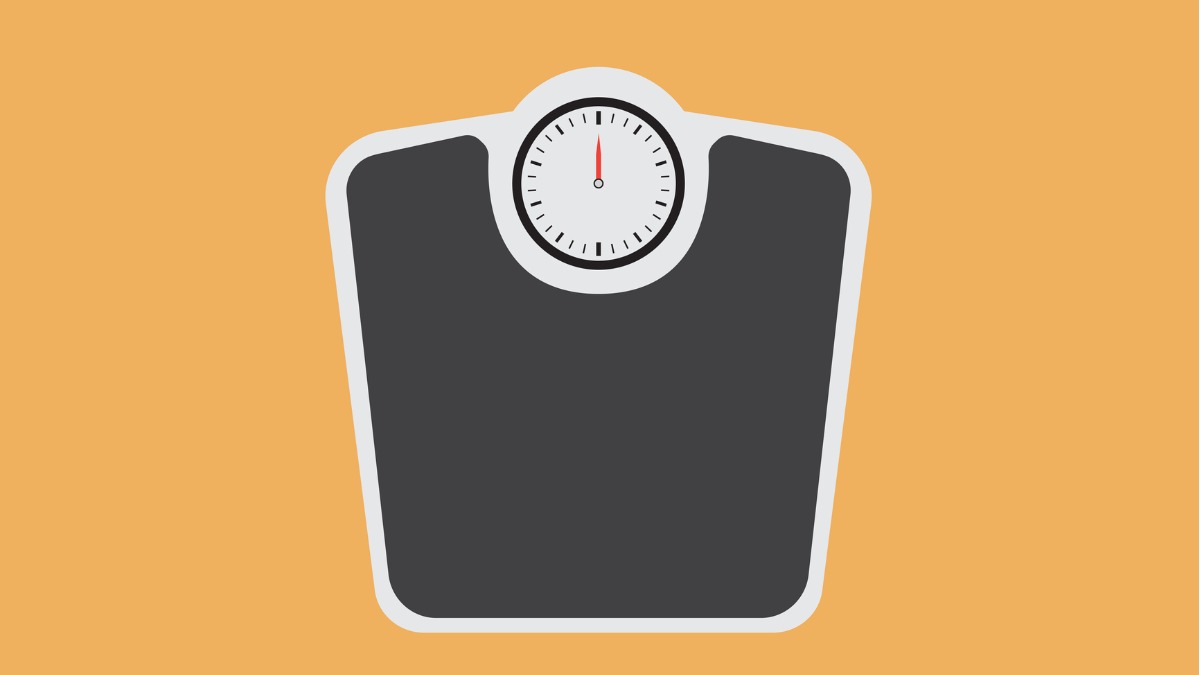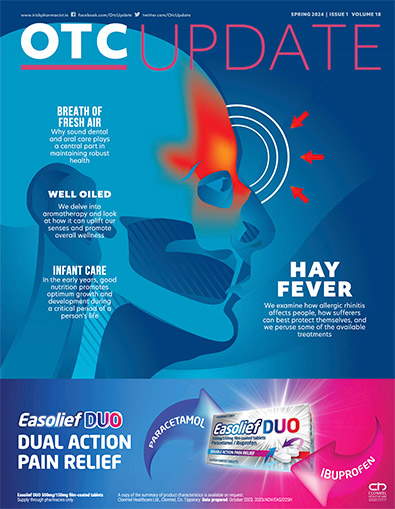Fintan Moore ponders the capacity for people to insist on an injectable weight-loss therapy over lifestyle modifications
I reckon that lately I’m getting on average one query a day from someone asking about the price and availability of Ozempic or Saxenda, and I would say that enquiry rate is probably true of every pharmacy in the country. The majority of the people asking, so far always female and usually aged 30-to-50, don’t bat an eyelid at the cost of Ozempic, and don’t seem overly perturbed at the Saxenda quote either. That is remarkable in itself, given that most patients would be pretty quick to complain about an asthma inhaler or a blood pressure tablet costing a fraction of the price. It’s equally, if not even more, surprising that people are seemingly completely undeterred by the fact that these products have to be injected. Given that needles are something most people avoid like the plague, even when as with Covid, the alternative actually is the plague, something strange is going on.
For decades we’ve seen that companies can peddle anything that promises weight loss and there will be a market for it, but the willingness of people to pay a serious chunk of money to use an injectable medication is still remarkable, especially when the main effect of the drug is to reduce appetite so that people eat less. This begs the obvious question: ‘Why not save your money, skip the injections, and just reduce what you eat?’ Unfortunately, the problem has never been that simple, even when patients know that they should comply with that advice. It is a complex and often multifaceted issue, and one recent study argues that highly processed foods are also highly addictive, on a par with tobacco.
The US study, led by Ashley N Gearhardt, PhD, a psychologist from the University of Michigan, states that the ability of highly-processed foods (HPFs) “to rapidly deliver high doses of refined carbohydrates and/or fat appear key to their addictive potential.
“Thus, we conclude that HPFs can be considered addictive substances based on scientifically established criteria which is that (1) they trigger compulsive use, (2) they have psychoactive effects, and (3) they are reinforcing. In addition, the authors say that “both these products [tobacco and HPFs] are legal, easily accessible, inexpensive, lack an intoxication syndrome, and are major causes of preventable death”. For example, with compulsive use, tobacco meets this criterion because evidence suggests that most smokers would like to quit but are unable to do so. Likewise, write Gearhardt and colleagues, even “in the face of significant diet-related health consequences (eg, diabetes and cardiovascular disease), the majority of patients are unable to adhere to medically recommended dietary plans that require a reduction in HPF intake”.
This study certainly explains a lot of what we see, which is that people will continue to overeat despite knowing the risks, in the same way that smokers keep smoking and alcoholics keep drinking. The authors of the study make a case for treatment programmes to be available to help with food addiction. Until that happens, the adoption of injections by overweight people to help them do what they know they can’t do alone starts to make a lot more sense. Hopefully they get the results.
TIME SUCK
I don’t know how exactly it could be measured, but am I the only one that thinks that the length of time required to fill the average prescription has got longer by about 10-to-20 per cent? There are multiple reasons for this, the most immediately visible one being the nonsensical FMD scanning, but that’s not the only problem. Has anyone tried to measure how much time per day is spent fielding questions on whether or not a healthmailed prescription has arrived? I’m afraid that someday I’m going to crack and launch into, ‘No it’s not frigging-well here, I’ve checked the frigging emails twice, and I don’t give a rat’s proverbial what the frigging doctor told you but he hasn’t sent the frigging thing, so go and talk to him, not me.’ Then the non-availability of so many routine medicines means that several times a day we’re spending time explaining shortages to patients, and often trying to source alternatives.
The free contraception scheme is great for the patients, but has added another layer of administration to what used to be the most straightforward prescriptions to dispense. The reduced DPS threshold has caused a huge increase in the number of families ‘going over’ and consequently more associated paperwork, including emergency registrations. The overall effect is that the same volume of business is taking significantly more time and effort than a few years ago, and sadly not for any more money.
ROOM WITHOUT A VIEW
There are lots of reasons why pharmacies can be happy hunting-grounds for shoplifters. We tend to have reasonably valuable stock that is small and easily pilfered, such as make-up, fake tans, etc. The most shoplifted items in Europe tend to be razor blades, which is another line we carry, although I now have only empty display packs out front, with the actual stock behind the counter. Criminals are always looking for an edge, and a couple of light-fingered women were in recently who have clearly spotted a vulnerability to exploit in pharmacies. There was only one staff member on duty, plus a pharmacist. One of the dodgy duo approached the counter and asked if she could talk to the staff member in the consultation room, but the staff member smelled a rat, and because the shop was empty, said they could talk fine where they were. The other woman browsed during the chat.
On watching the CCTV footage later, we spotted her slipping something into her baby’s buggy. If she’d been left unsupervised, as she’d hoped, then she’d probably have taken enough stock for the weight to snap the buggy’s axles. Just another scam to be aware of.







